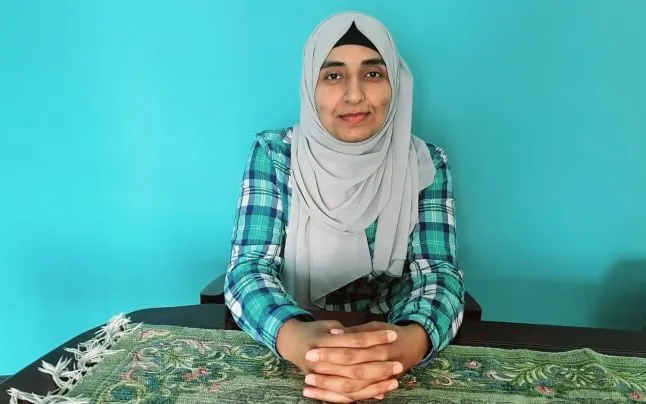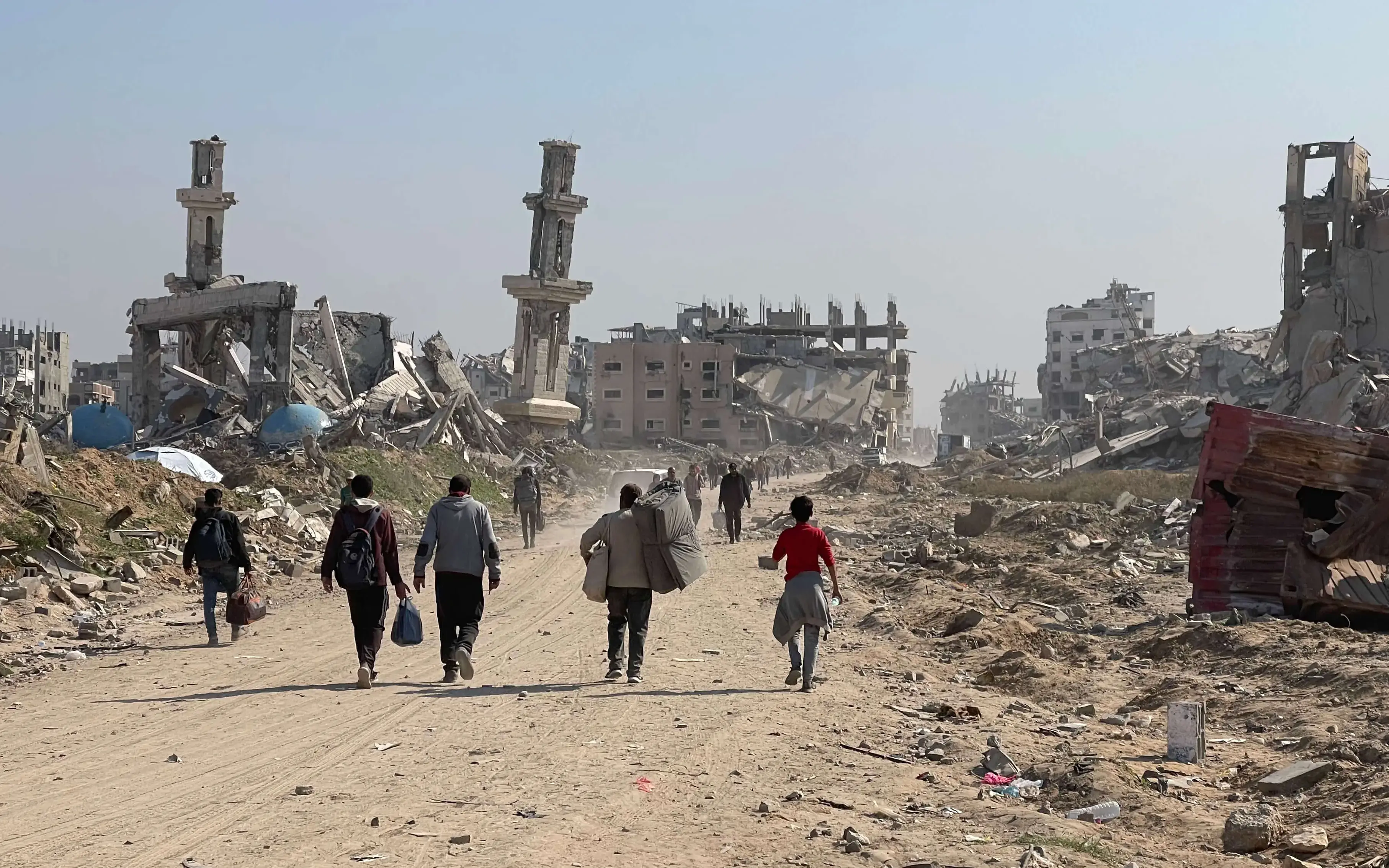Khurshid Wardak talks about her experience as a refugee and what her journey is like, but also who and how they helped her.
Khurshid is a young woman from Afghanistan who arrived in Catalonia (Badalona) a few years ago, fleeing the Taliban . Once in Catalonia, he had to fight to move forward with his life with all the difficulties involved in doing so far from the one he loves.
How did you get to Catalonia?
I was studying economics at Kabul University, only one semester left to graduate, and the Taliban arrived. I didn't get my dream. The process has been very desperate because they beat us and we were not ready to take refuge and go to another country. Suddenly, without many options, we had to leave and come to Spain. The whole way has been very hard, sometimes when I think about people, I get very sad.
Did you come along, though?
I came with my mother. When I arrived, on the one hand, I was happy because I could fulfill my dream: finish my studies to help the people around me. Now, it's hard to start over in an unknown country, with a different culture and language, not having friends to talk to when you need it... I felt alone .
How did it affect you?
Personally it affected me a lot because I knew I couldn't go back to my country soon, I hope no one has to experience this feeling. It is very difficult to explain how you suffer, there are no words to describe it.
You were civilians, after all. How come you were persecuted?
We are civilians and have no relationship with the government. In all wars the civilians suffer because the politicians already have their resources. Besides, the people with money who live there have no problem. They are not like us.
Once here, was there a response from the associative fabric?
We didn't know anyone until we found Nadia Ghulam, who is now by our side and helps us with whatever we need. I don't know the Afghan community because most of them don't stay here, they go to other countries because there are no networks and no one to stand by them. We have only had support through Nadia and Bridges for Peace.
How did it help you?
I met Nadia when I was totally helpless, alone without knowing anyone in a country that is not mine and is totally different. She, like a sister, gave me confidence and was by my side, encouraging me and I am very happy because now I have someone to help me.
Do you think the refugee community could be better served?
They don't know what to do, they are not well taken care of . There are many organizations that work for refugees, but our needs are so great that they cannot serve everyone. It's not good because the system doesn't make it easier for us, no matter how hard the entities try, there are always many bureaucratic barriers that don't make our lives easier.
And once here, have you felt institutional racism?
Institutional racism exists, it exists a lot. I did not know him because I had never been a refugee, but now that I am a refugee I see that, because I am Muslim, wear a headscarf and am from Afghanistan, the treatment is not the same . They treat you differently if you come from another country, are not Muslim or have a different way of dressing; attention is different.
What do you think is the solution?
We need to make a big , important reform to serve people with needs in an equitable way and not put skin color or religion in the middle. Helping people as they are, people.







Add new comment